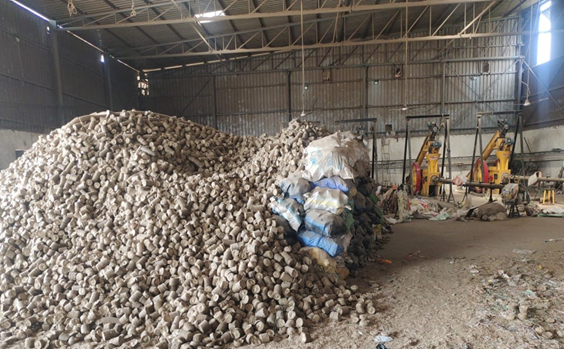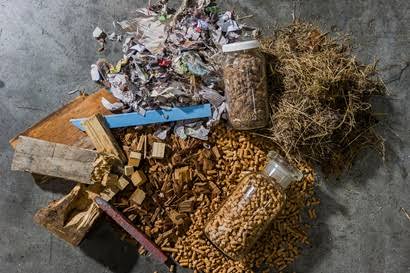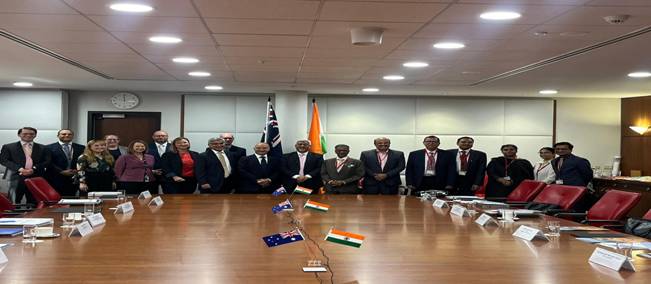Biomass, available in forms such as forestry waste, agricultural residue, industrial processed waste, and municipal solid waste, has an annual production of approximately 750 million metric tons (MMT) in India, with 228 MMT being surplus. This surplus biomass can be utilized for producing heat, energy, and briquettes or pellets.
 The Ministry of New and Renewable Energy (MNRE) announced the National Bioenergy Programme (NBP) for the fiscal years 2021-22 to 2025-26 on November 2, 2022. One of the key components of this programme is the scheme to support the promotion of manufacturing briquettes, pellets, and biomass (excluding bagasse) based cogeneration in industries across the country. Initially, the Central Financial Assistance (CFA) for briquette/pellet manufacturing plants was Rs. 9.0 lakhs per metric ton per hour (MTPH) of production capacity, with a maximum of Rs. 45.0 lakhs per project.
The Ministry of New and Renewable Energy (MNRE) announced the National Bioenergy Programme (NBP) for the fiscal years 2021-22 to 2025-26 on November 2, 2022. One of the key components of this programme is the scheme to support the promotion of manufacturing briquettes, pellets, and biomass (excluding bagasse) based cogeneration in industries across the country. Initially, the Central Financial Assistance (CFA) for briquette/pellet manufacturing plants was Rs. 9.0 lakhs per metric ton per hour (MTPH) of production capacity, with a maximum of Rs. 45.0 lakhs per project.
Effective from July 16, 2024, the MNRE has revised the CFA rates, including a new component for torrefied pellet manufacturing plants. The updated CFA for non-torrefied pellet manufacturing plants is now Rs. 21.0 lakhs per MTPH, with a maximum of Rs. 105 lakhs per project. For torrefied pellet manufacturing plants, the CFA is Rs. 42.0 lakhs per MTPH, with a maximum of Rs. 210 lakhs per project or 30% of the capital cost considered for plant and machinery of a 1 MTPH plant, whichever is lower.
This revision aims to increase biomass utilization in India, including the use of paddy straw in states like Punjab, Haryana, and Uttar Pradesh, thereby contributing to improved air quality by reducing stubble burning.




